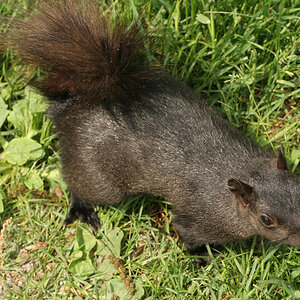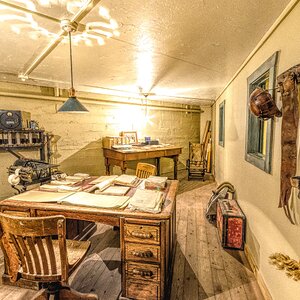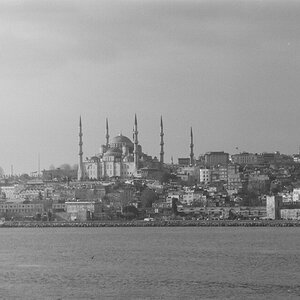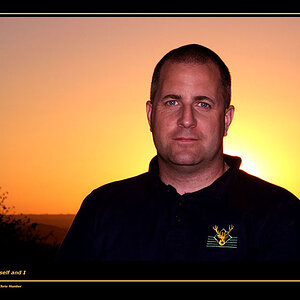Stoogley
TPF Noob!
- Joined
- Aug 22, 2010
- Messages
- 36
- Reaction score
- 5
- Location
- North Carolina
- Can others edit my Photos
- Photos OK to edit
I did a cursory look and couldn't find the answer to my question, maybe some one can shed some light (so to speak).
I understand the difference in the circle of coverage between DX and non-DX lenses, the former having a smaller circle.
But, is there any difference in the relative influence of the aperture at a given focal length?
In other words, does a 100mm focal length setting on a DX lens at f/8 would provide the same DOF and amount of light as does a FF 100mm lens at f/8?
Stoog
I understand the difference in the circle of coverage between DX and non-DX lenses, the former having a smaller circle.
But, is there any difference in the relative influence of the aperture at a given focal length?
In other words, does a 100mm focal length setting on a DX lens at f/8 would provide the same DOF and amount of light as does a FF 100mm lens at f/8?
Stoog




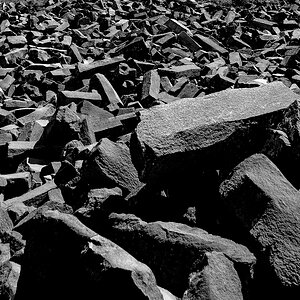
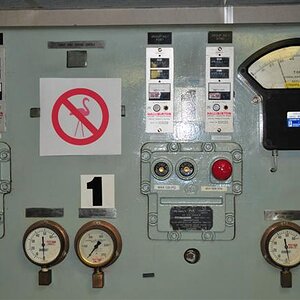
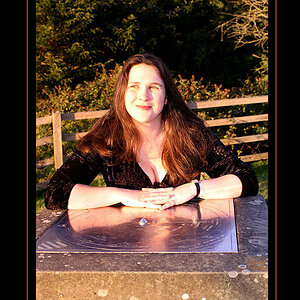
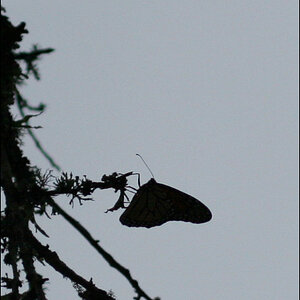
![[No title]](/data/xfmg/thumbnail/40/40299-41bf1ccac2889096fb5f4fcffdd56721.jpg?1619739411)
